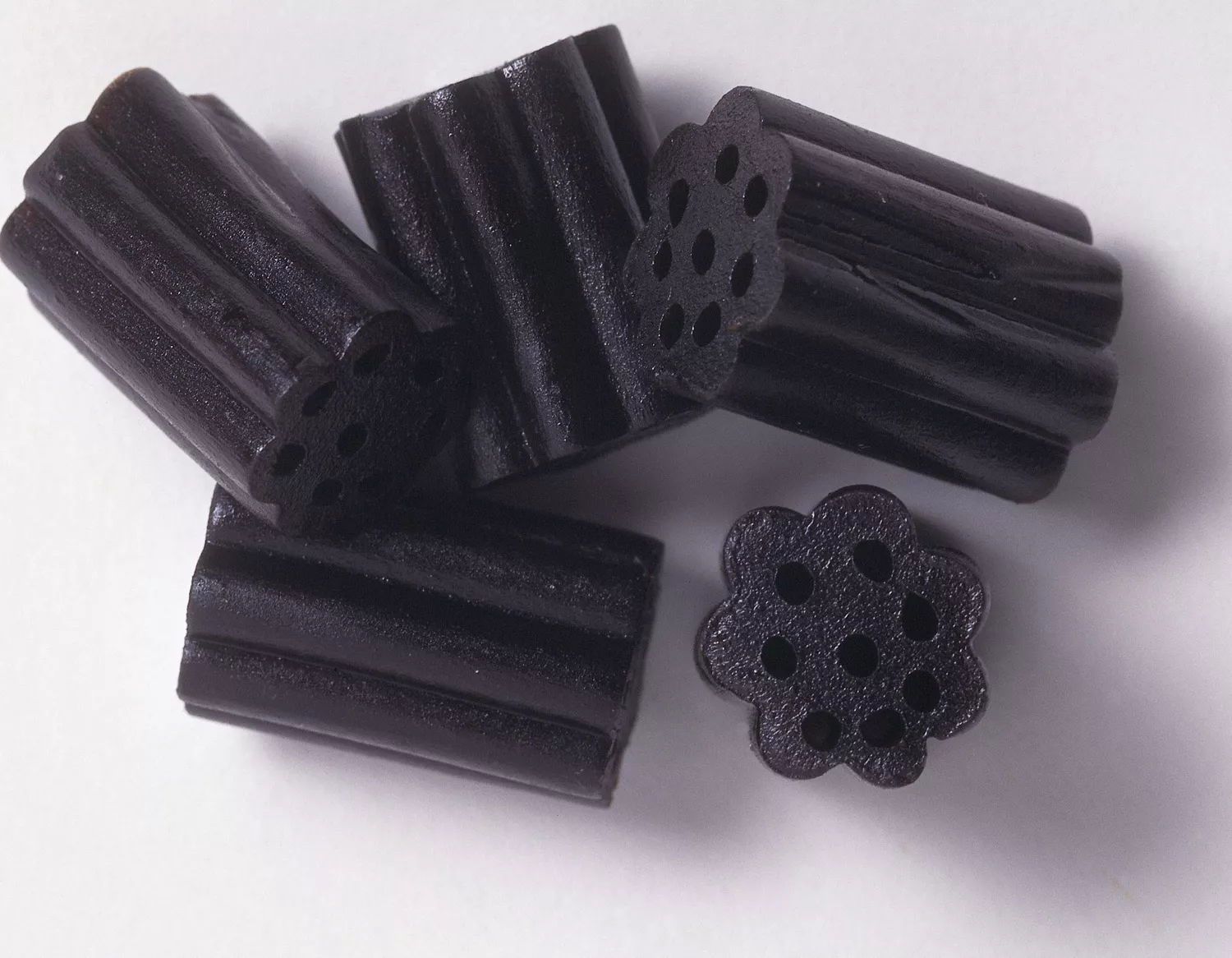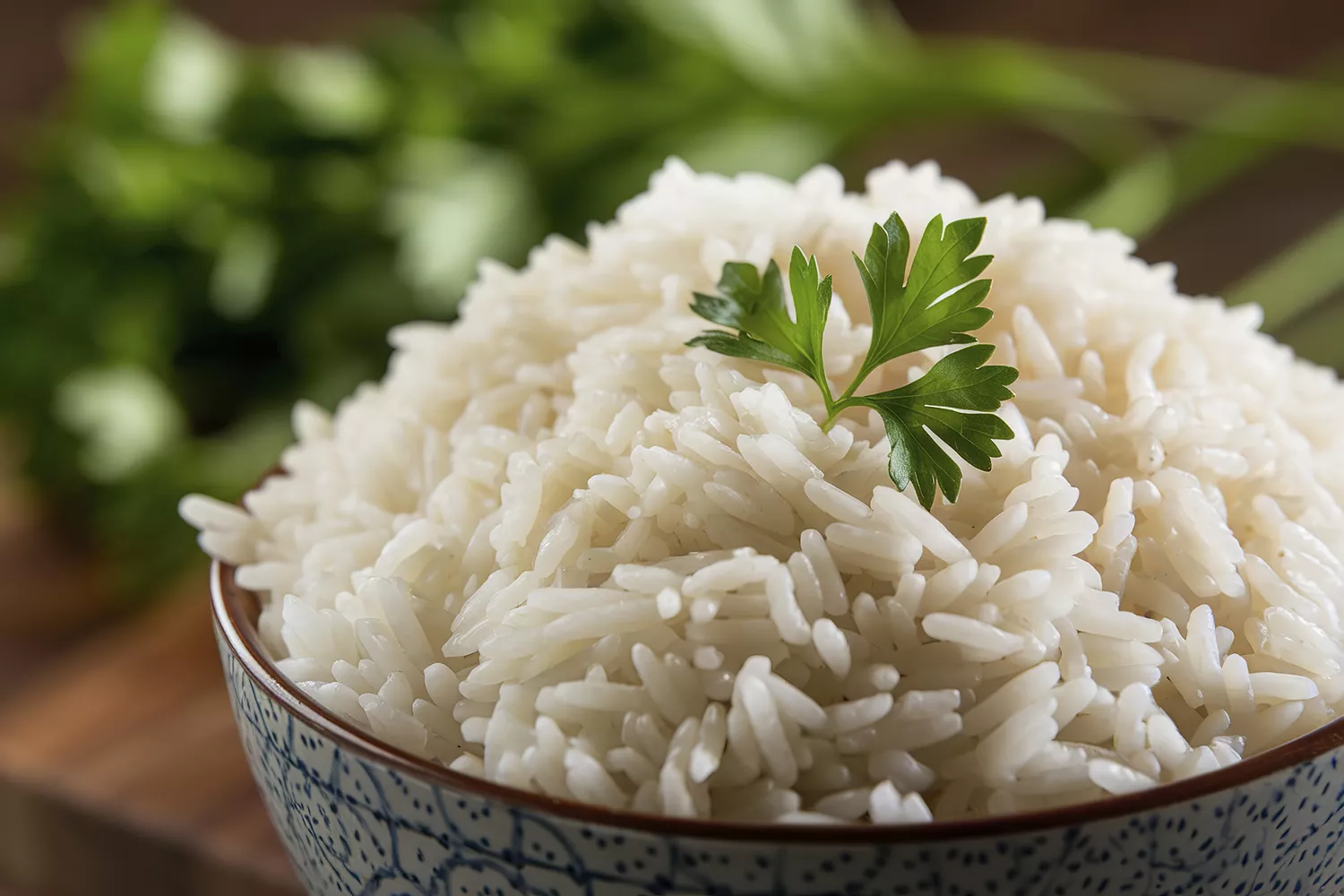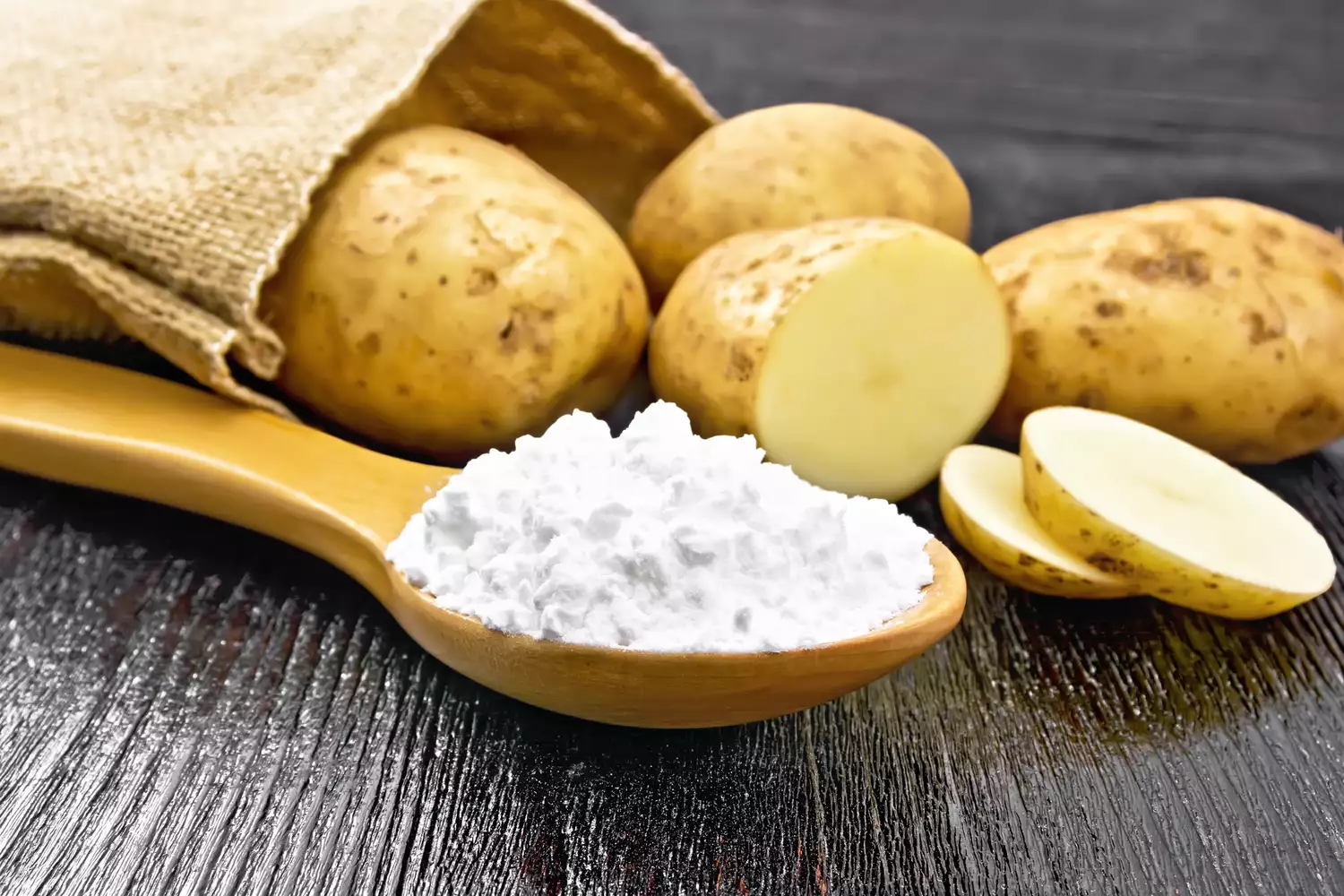Is eating black licorice hazardous? The solution is that black licorice can be bad for you, particularly if you consume a great deal of it or have particular health and wellness problems like heart or kidney illness. Nonetheless, for the majority of people, black licorice can be safely enjoyed in moderation.1.
You’ll typically see black licorice around Halloween and in the sweet section at your regional movie theater in the form of Good & Plenty sweet. Its taste is one that some individuals locate offputting, while others love it.2 In 2017, the Fda (FDA) reported that consuming two ounces or even more of black licorice daily for a minimum of 2 weeks might prompt an irregular heart rhythm or arrhythmia in adults 40 and older.34.
Risks of Eating Black Licorice.
It is necessary to keep in mind that the FDA didn’t prohibit black licorice. Instead, the company categorizes the sweet as “usually considered secure” (GRAS). It is included on the FDA’s additives checklist as “licorice and by-products (ammoniated glycyrrhizin, glycyrrhiza).” Black licorice continues to be utilized as a flavor and sweetening representative in sodas, teas, and various other customer products. Nevertheless, the FDA advised that black licorice could end up being poisonous when consumed over.536.
Right here’s why: The main element in black licorice is glycyrrhizin, a sweet substance in licorice origin. When consumed in high amounts, glycyrrhizin causes potassium degrees to go down briefly. This may create abnormal heart rhythms, high blood pressure, swelling, lethargy, and, in extreme cases, also heart failure. These problems usually go away when intake quits.7.
Case in factor: A 2021 research goes over one clinical center that confessed six patients in between 2018 and 2020 to the ICU with black licorice poisoning. All 6 patients were confessed with hypertension (hypertension), hypokalemia (low potassium), and heart arrhythmias (uncommon heart rhythms).8.
The individuals likewise reported muscle mass weakness and discomfort, heart palpitations, and even some paralysis. One of the clients had to be resuscitated due to a potentially deadly heart rhythm. Luckily, all 6 people recuperated with the help of potassium substitute treatment in addition to a sort of diuretic.8.
Advantages of Black Licorice.
Black licorice has actually been made use of for thousands of years in standard Chinese, herbal, and Ayurvedic (Indian) medication. It has potentially healthy and balanced parts, including ones with anti-inflammatory, antioxidant, antiviral, anticancer, hepatoprotective (secures the liver), and neuroprotective (prevents afferent neuron death) properties. Study authors state that licorice also appears to have antidepressant activities and can be valuable for discomfort management.10.
Bell RF, Moreira VM, Kalso EA, Yli-Kauhaluoma J. Liquorice for discomfort? Ther Adv Psychopharmacol. 2021; 11:20451253211024873. doi:10.1177/ 20451253211024873.
Black licorice has additionally been revealed to assist with the signs that come with metabolic syndrome, a problem characterized by insulin resistance, high blood pressure, high cholesterol, and too much belly fat. Study has located that black licorice might reduce high blood glucose and cholesterol. On the other side, though, it has a tendency to enhance high blood pressure, which is not good for those with high blood pressure.11.
In another 2021 testimonial, researchers analyzed what black licorice is made from and its advantages. They discovered that it has antioxidant, antimicrobial (minimizes microorganisms and mold), anti-inflammatory, antiproliferative (slows or stops the spread of cells, consisting of deadly cells, right into bordering cells), and cytotoxic (prevents cell growth) effects. In other words, it has several possible wellness advantages.12.

Nourishment of Black Licorice.
Black licorice has a variety of nutrients, including the adhering to:9.
Amino acids.
Calcium.
Iron.
Magnesium.
Manganese.
Phosphorus.
Potassium.
Silicon.
Selenium.
Zinc.
Guidelines for Intake.
Followers of black licorice must consume it in moderation. Inspect the tag for the offering size and stick with those restrictions, typically 2 ounces or less each day. Get in touch with your healthcare provider right away if you experience uneven heart rhythms or muscle mass weakness after eating black licorice.13.
Licorice might connect poorly with particular drugs, such as pain killers, contraceptive pills, and natural supplements, so if you’re taking any drugs– or if you have hypertension, cardiovascular disease, or kidney illness– you may want to speak to a doctor prior to delighting.131.
Bing in black licorice during pregnancy has been shown to increase the chances of early birth and troubles in the child, so it might be best to forgo it during pregnancy.13.
Also, some sweets– including ones classified as “black licorice”– do not consist of licorice. They are made with anise oil, which scents and tastes like black licorice, and may be a clever alternative for those at greater risk of adverse responses.13.
A Quick Review.
Like several points, black licorice can probably be enjoyed in small amounts. However, it can come with risks, specifically if you have certain wellness problems like heart or kidney condition. Talk to a healthcare provider if you do not feel well or experience irregular heart rhythms or muscular tissue weak point after consuming black licorice.



